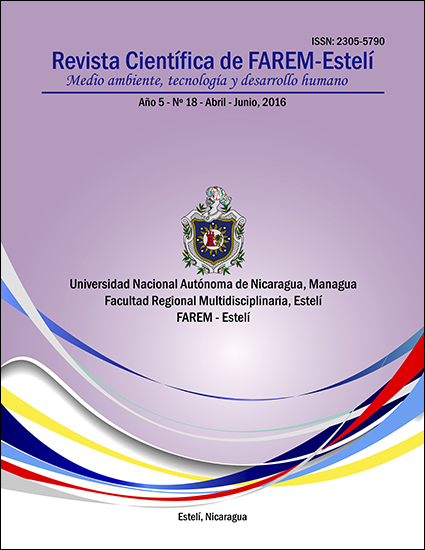Lesson planning, in correspondence with the development of the Teaching-Learning process
Abstract
The purpose of this study was to analyze the importance of lesson planning for teachers of the Industrial Engineering major, and its correspondence with the development of the teaching-learning process. The methodology design was qualitative. Its approach was based on the interpretative and socio-critical paradigm, which aim to understand and interpret the educative reality, from the perceptions of the participants of this process. According to its scope, this is an exploratory research, which intends to know the situation from its problematic, and descriptive-explanatory since it explains the incidence of the lesson planning and its correspondence into the teaching-learning process. Likewise, it is a cross-sectional research since it was carried out in a determined period of time. The population was the Science, Technology and Health Department (teachers, students and directives). The sample consisted of six students, two directives (the program coordinator and the head of the department), and six teachers. The data collection instruments were: interview, observation, focus group and document analysis. For purposes of the data analysis, an information triangulation was made. The main research conclusions reveal that all the research participants value lesson planning as an important element, evidencing the correspondence in some documents for planning. However, a disagreement between what is planned by the teacher and what occurs inside the classroom was found. The teachers, students and directives express the incidence of the lesson planning into the teaching-learning process.
Keywords: Lesson planning, Teaching-learning process, Importance, Correspondence, Incidence.

